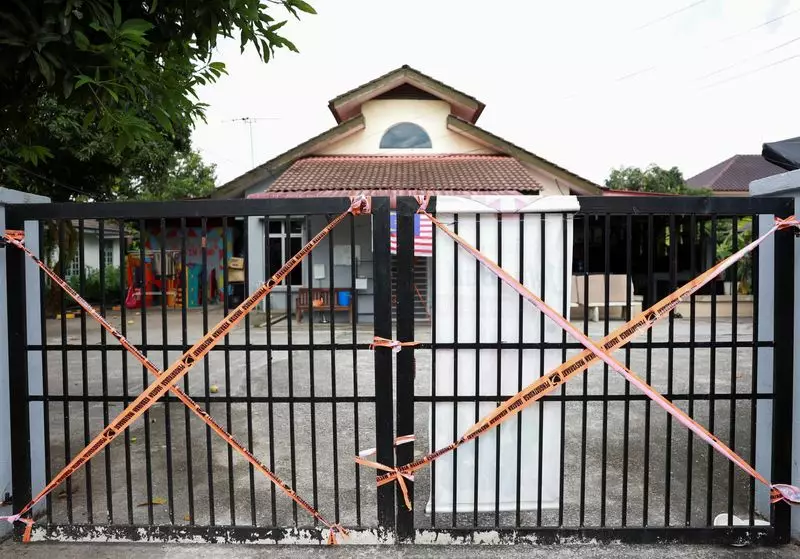The recent events involving Global Ikhwan Services and Business Holdings (GISB) have thrust the conglomerate into a treacherous spotlight, revealing deeply troubling allegations of abuse entangled with its controversial historical roots. While GISB presents itself as a legitimate entity promoting an Islamic lifestyle, a disturbing undercurrent reminiscent of its connection with the now-banned religious sect, Al-Arqam, persists. This article examines the intricate layers of this situation, shedding light on the institutional practices and societal implications surrounding GISB’s operations.
The Malaysian authorities’ intervention, leading to the rescue of numerous children from several charity homes purportedly associated with GISB, echoes historical concerns about the organization’s methodologies. Claims of sexual abuse, worker exploitation, and ongoing undercurrents of deviance rehash the anxiety that has long surrounded the sect. In light of these recent allegations, the public and the media have rekindled scrutiny of GISB’s operations to determine the veracity of both misconduct and reports of its alleged ties to a religious group condemned for heresy.
The complexity of the situation is exacerbated by GISB’s insistence that they do not oversee these charity homes, even while their chief executive openly admitted to past infractions and acknowledged even the existence of sodomy cases among those homes. This contradiction raises critical questions about accountability and transparency within the organization.
In exploring GISB’s history, one cannot overlook its significant ties to Al-Arqam and its late founder, Ashaari Muhammad. Established in the late 1960s, Al-Arqam initially aimed to promote religious discussions. However, its teachings quickly attracted governmental scrutiny, culminating in its prohibition in the 1990s due to allegations of deviance and unorthodox beliefs. The group’s controversial nature has created a persistent stigma that now shadows GISB’s efforts to distance itself from its origins.
Former adherents of Al-Arqam reportedly maintain beliefs and practices that directly contradict mainstream Islamic teachings. This poses a critical challenge for the Malaysian government and religious authorities as they confront the repercussions of previous leniencies toward organizations with radical undercurrents that could potentially exploit vulnerable populations.
Communities surrounding the suspected charity homes have expressed both disbelief and concern regarding the allegations. Testimonials from locals and religious leaders paint a picture of unease towards an organization that once enjoyed legitimacy. Imam Mohd Khair Syafie, a notable figure in the Bukit Beruntung community, articulated a common sentiment: “If it’s true, then that is really worrying.” This reaction underscores the broader implications of such a scandal not just for GISB, but for the trust the community places in religious organizations functioning under the guise of charity.
The gravity of the findings—evident in the traumatic experiences reported by victims, many of whom are children of GISB members—highlights an urgent need for increased scrutiny and regulatory oversight. Authorities are responding with investigations not only into the charity homes but also into related religious schools run by GISB, aiming to ascertain the broader impact of such organizations on societal welfare.
As investigations into GISB’s operations unfold, the palpable tension between the ideals professed by the organization and the grim realities of its practices must be confronted. The dark legacy of Al-Arqam continues to barge into the public consciousness, reminding society of the latent dangers posed by pseudonymous religious enterprises that capitalize on faith while masking harmful practices.
For Malaysia, this is not just about one organization; it is a reflection of larger sociocultural dynamics, where religious fervor intersects with potential exploitation. Moving forward, it necessitates vigilant oversight and a comprehensive understanding of the societal values at stake. The tearing down of the veil of legitimacy surrounding entities like GISB is crucial to fostering a community where genuine charitable intentions can flourish unhindered by fear or abuse.

